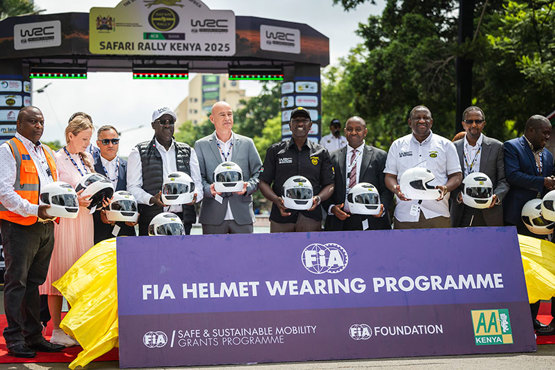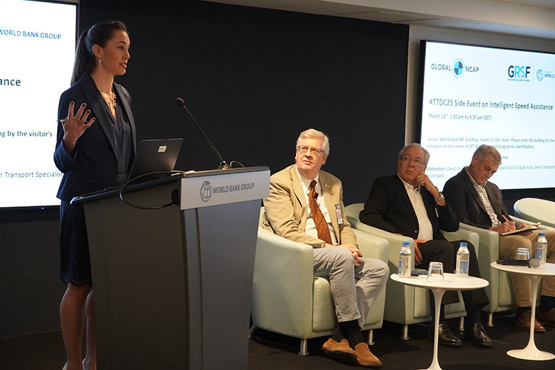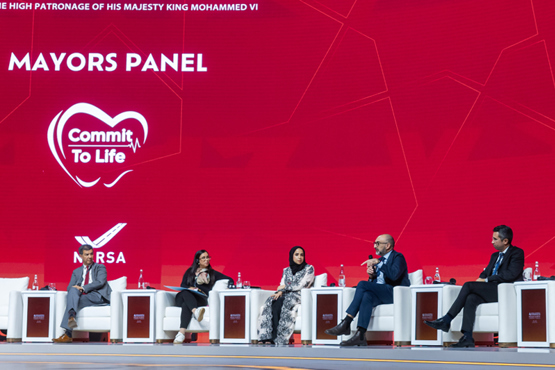Safe Systems Save Lives: U.S. Leaders Reflect on Progress and Urgency at New York Auto Show
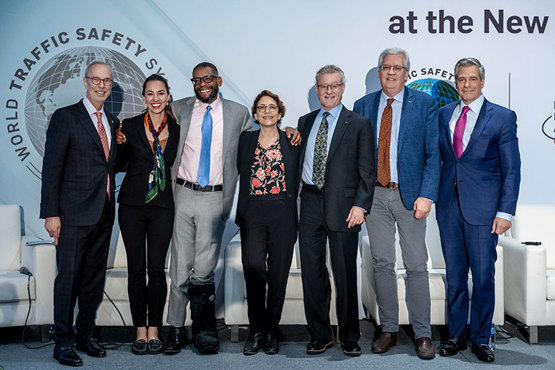
At this year’s New York Auto Show’s World Traffic Safety Symposium, the FIA Foundation joined a distinguished panel of former and current leaders in road safety for a “Fireside Chat: Lessons from the Top: A Look at Decades of Road Safety Leadership.” Moderated by John Bozzella, President and CEO of the Alliance for Automotive Innovation, the session asked a crucial question: What has worked, what hasn’t, and what needs to be done?
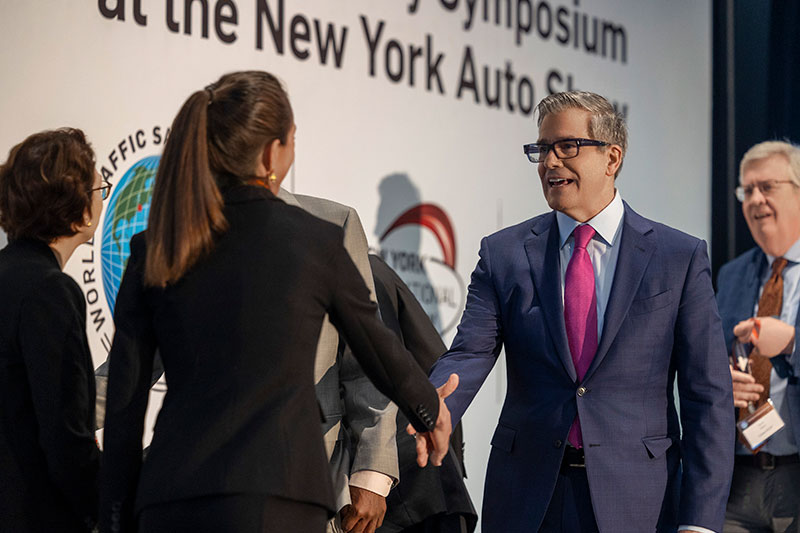
The resounding theme was clear: Safe Systems works. With more than 4 million miles of roads in the United States, progress is incremental, but achievable over continued leadership across Administration change. Still, panelists emphasized that there are steps we can take now that yield both immediate and long-term results.
Polly Trottenberg, former U.S. Deputy Secretary of Transportation, pointed to the tangible impact of strategic investment in safety: “We have seen roadway fatalities in the U.S. decline for the last few years thanks to programs like Safe Streets for All and we are so glad to see the current Administration continuing this program.” Her remarks reflect how effective policy can be when backed by funding, a hallmark of the previous Administration that successfully aligned resources with Safe Systems principles under her leadership.

David Strickland, former NHTSA Administrator and now Vice President of Global Regulatory Affairs and Transportation Technology Policy at General Motors, emphasized how technology has fundamentally reshaped safety: “From rear backup cameras to lane-keeping assist, we’ve seen technology bridge the gap between human error and safer outcomes.” As one of the original champions of rear backup camera requirements as well as other safety technologies, Strickland reminded the audience how these once-novel features are now saving lives daily.

Such technologies are crucial to addressing this public health crisis. Dr. Ricardo Martinez, former NHTSA Administrator and current emergency medicine physician at Emory University, underscored this point: “I’ve seen firsthand the aftermath of car crashes in the operating room. These aren’t just statistics—they’re preventable tragedies.” His perspective reinforces the urgent need to treat road safety with the same rigor we apply to other public health challenges.
While vehicles have become increasingly safe for occupants, vulnerability outside the vehicle remains a critical concern. David Ward, President Emeritus of Global NCAP, offered a sobering reminder: “While I praise US leadership on global safety standards like electronic stability control, I lament the delay to act on pedestrian protection. This must not become victim of President Trump’s trade wars.” His call to action stressed that comprehensive safety must include all road users, not only those behind the wheel.
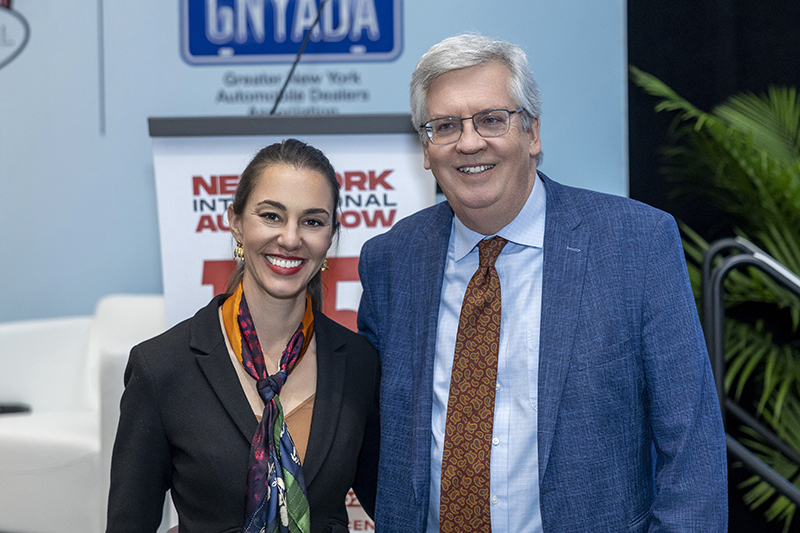
Finally, Natalie Draisin, Director of the North America Office and UN Representative for the FIA Foundation, brought a hopeful note by pointing to recent state-level progress: “During this politically contentious time, we’re seeing unprecedented uptake of Intelligent Speed Assistance (ISA) legislation in states across the country. That’s why we fund advocacy organizations like Transportation Alternatives. ISA is a force multiplier, helping other systems like AEB, ESC, and ADAS do their jobs even better.”
Draisin emphasized that while federal action is critical, much can be done outside Washington to advance safety goals.
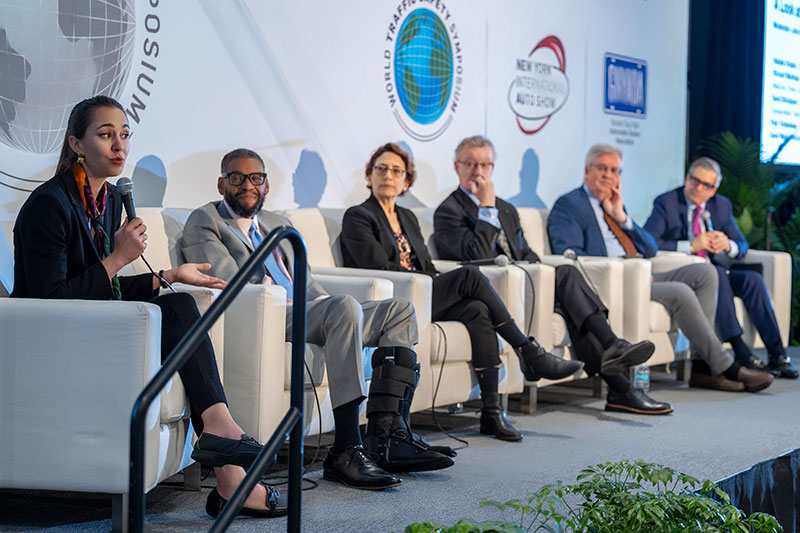
All images credit to Johnathon Henninger.
